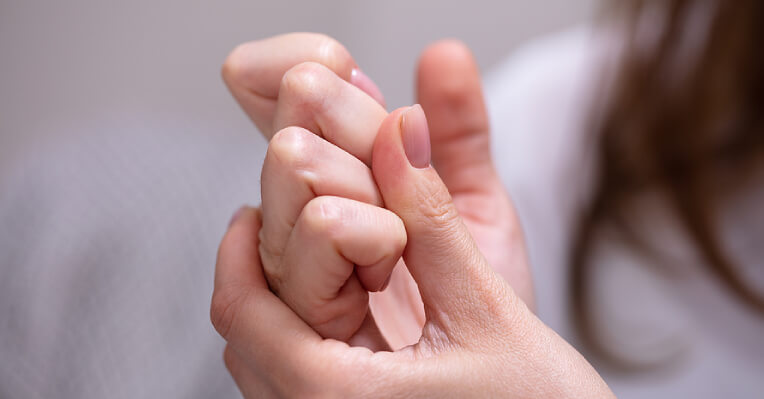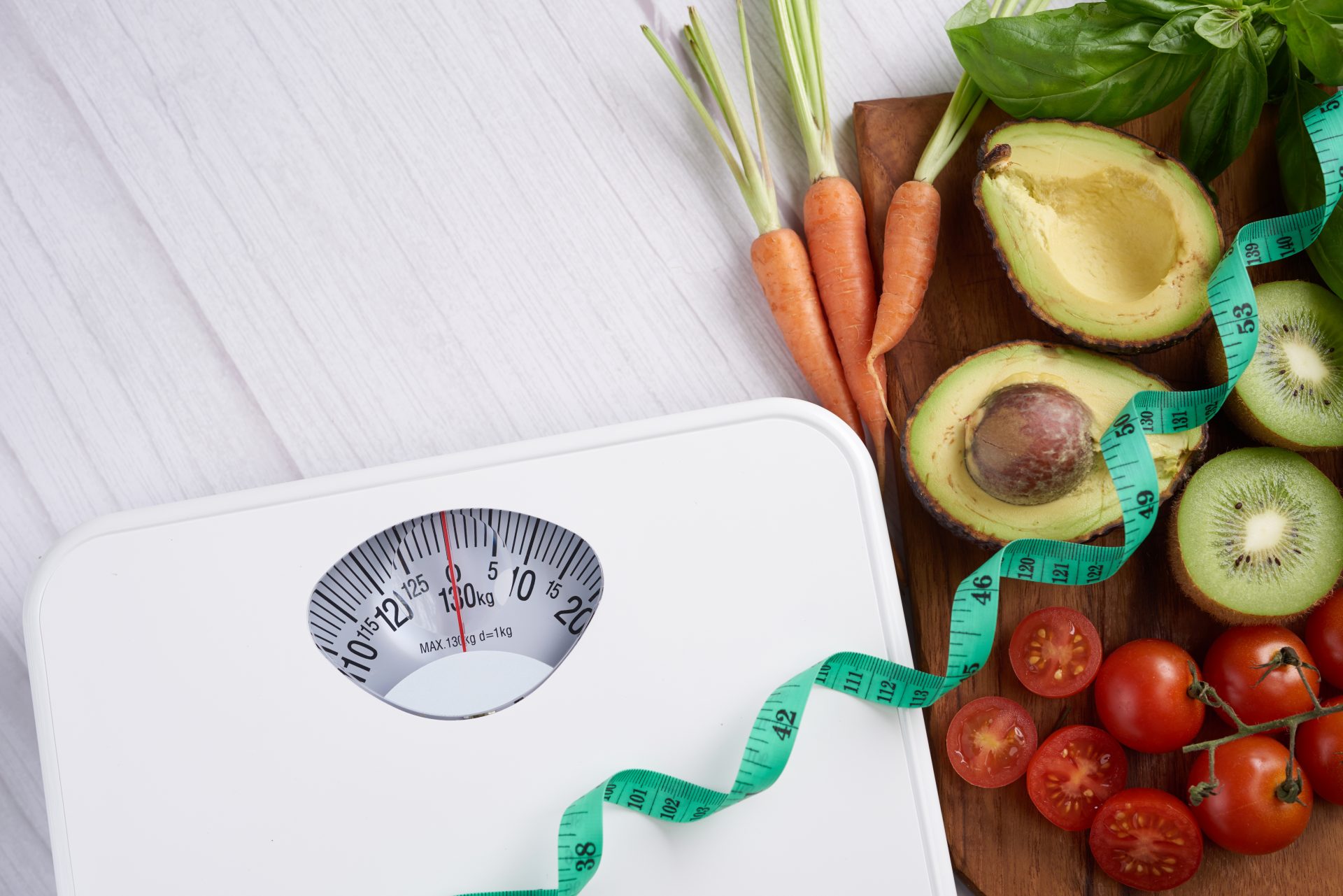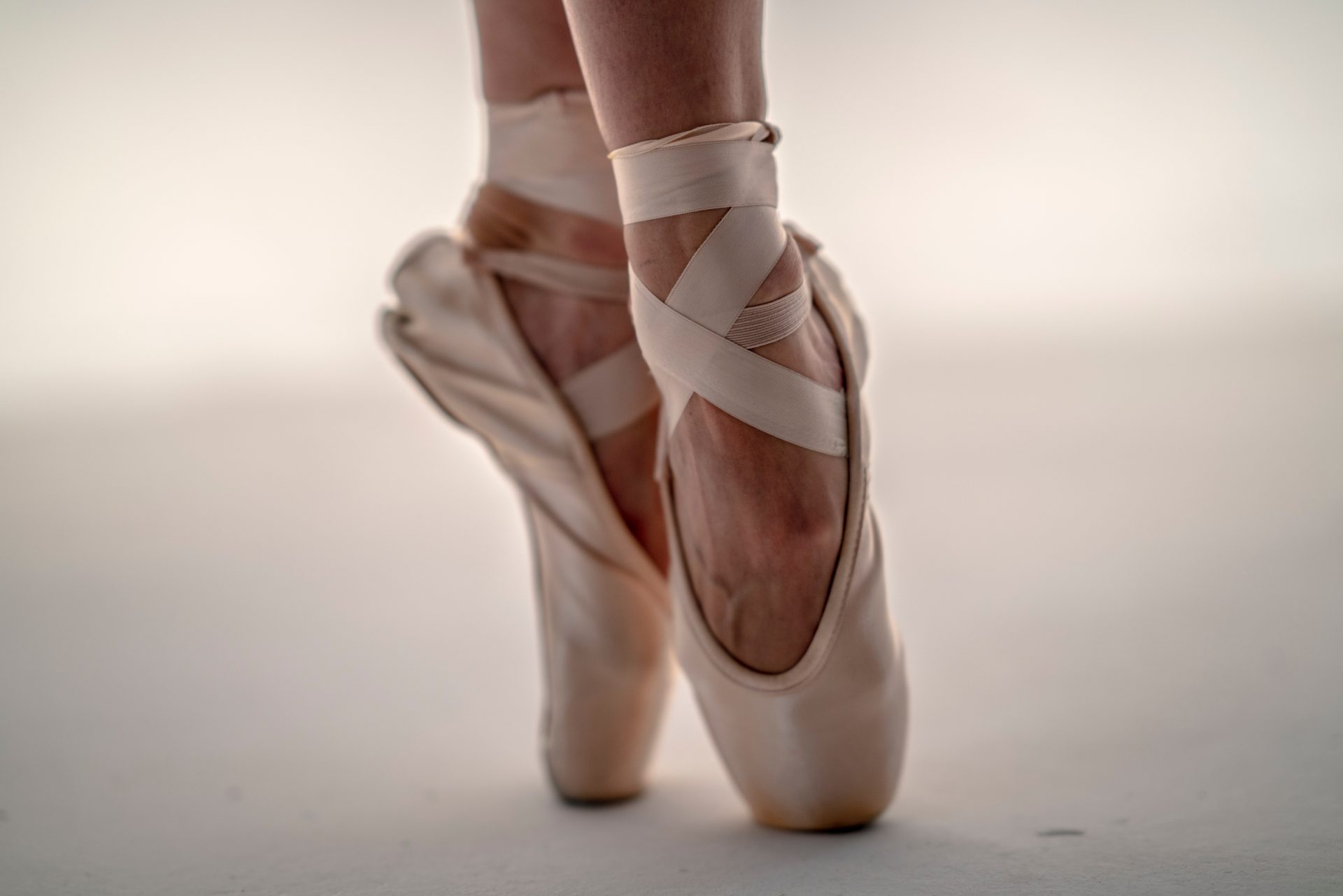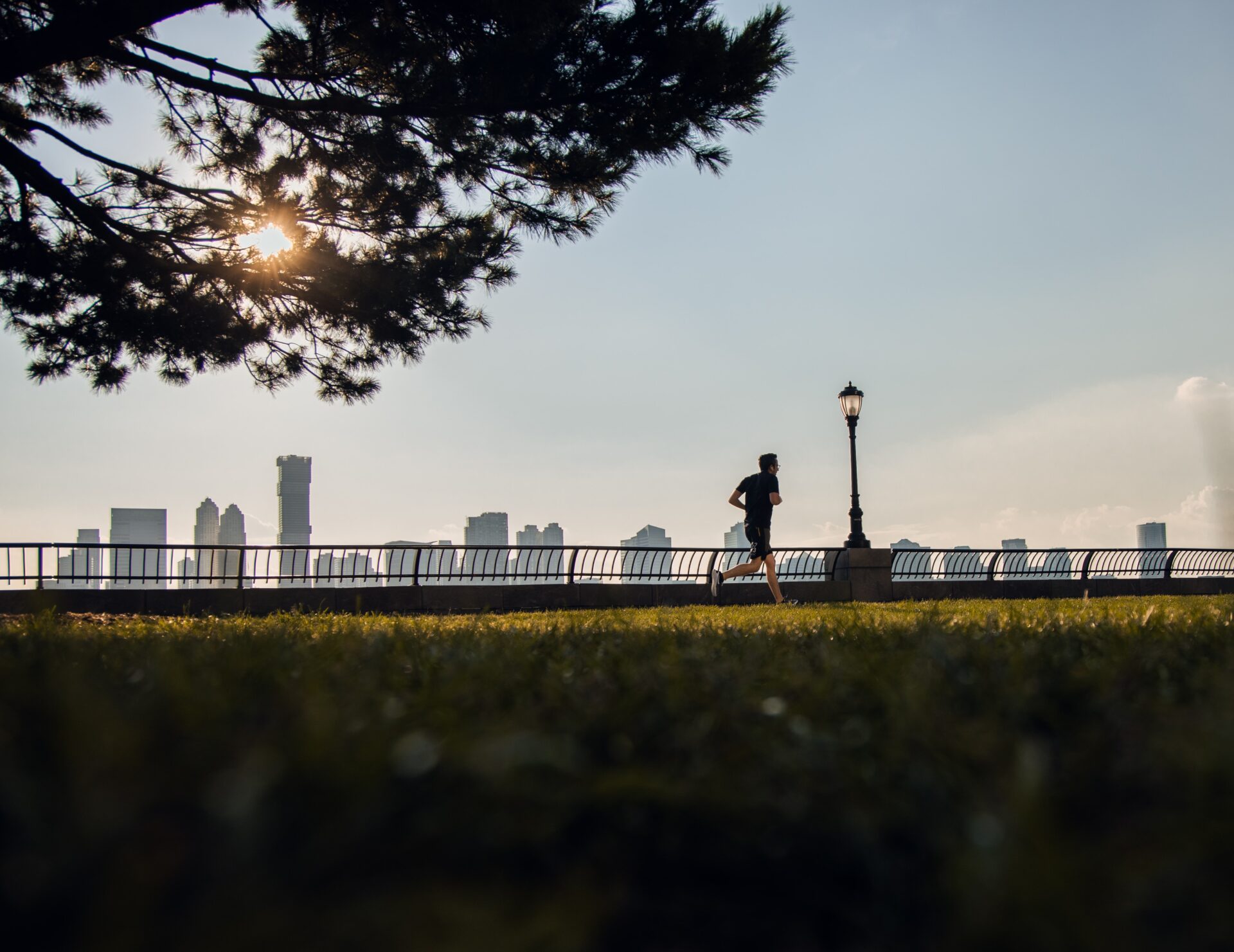
Popping, Cracking & Clicking Of Joints: A Cause For Concern?
- April 28, 2022

Benjamin Tan
SENIOR PHYSIOTHERAPIST
Atlas Physio Clinic
Ben attained his Bachelors (Hons.) in Physiotherapy from the University of Queensland, with a preceding Sports and Exercise Sciences Diploma.
Having previously worked in the largest hospital in Singapore, he has been exposed to an array of complex musculoskeletal cases within various rehabilitative settings, and those whom have undergone orthopaedic surgical procedures. As a member of the combined pain management team, Ben worked closely with medical doctors/specialists and other allied health professionals, in developing a holistic approach towards the betterment of patients with acute and chronic pain.
- Orthopaedics, Physiotherapy
- Reading Time: 6 minutes
Share with others
Whilst seemingly harmless, many have claimed the act of joint cracking will lead to arthritis and other joint problems in the near future. To find out if this is indeed the case, let’s take a deeper dive into joint cracking.
The fascination with cracking often starts at an early age. Children would often twist and bend their joints in order to hear the pop sound that’s unique to knuckle cracking. Some get hooked and form the occasional habit of popping knuckles on a regular basis. Some even bring this further by cracking their necks and backs.
What is Joint Popping?
Also referred to as crepitus, joint cracking is the manipulation of one’s joints to produce a distinct cracking or popping sound. While there is no conclusive evidence or study to pinpoint the reason behind the process, several theories explain the cause of its distinct sound.
The most popular theory suggests that the noise is caused by the bursting of nitrogen bubbles within the synovial fluid. Synovial fluid acts as lubrication fluid that helps to reduce friction between our joints as well as preserve the cartilage. Once burst, these bubbles will take another 20 minutes to reform in your joints before you can crack them again.
However, this theory has been debunked by a recent 2015 study where researchers had used MRI technology to prove that instead of the release of air bubbles as many have theorised, joint popping and cracking are resulted from the creation of small space between the bones. This is called tribonucleation.
Unfortunately, further research into the exact process behind joint cracking has yet to be done. As such, the exact reasons and causes of joint cracking are still under debate.
Is Joint Popping A Cause For Concern?
To date, there has been no evidence to suggest that cracking and popping one’s joints adverse effects. Apart from a slight increase in range of motion, some claim that the act itself brings them relief from the pressure and tension build-up.
To determine whether joint popping is a concern, it’s important to differentiate between regular physical popping and condition-related popping. Unlike the former, condition-related popping occurs more frequently and can be rather painful. If you experience pain, swelling or limited range of motion after cracking a joint or two, you may want to consult with your doctor.
More Than A Simple Crack: Condition-Related Popping
Whilst almost always harmless, there are certain instances whereby joint cracking can cause pain and swelling of the joint, tendon or ligament. Such cases are often a side effect of a more serious injury or health condition. Here are some of a few:
Osteoarthritis
Osteoarthritis is a degenerative disease caused by the wear and tear of the cartilage that sits between the bones. As the cartilage disintegrates, the cushion that prevents your bones from rubbing against each other will get thinner and more ragged. This thinning will cause pain when your bones rub against each other, and in some cases, also popping of joints. As the disease progresses, the more frequent it will occur.
Rheumatoid Arthritis
As an autoimmune and inflammatory disease, rheumatoid arthritis is a disease wherein your body’s defences (immune system) attacks healthy cells in your body by mistake, mostly at your joint linings. The affected areas become inflamed and thicken, causing a fluid build-up that will eventually erode and degrade your joints. Over time, your joints will start to deform and shift out of place, resulting in crepitus.
Inflammation Around Tendons
The inflammation of the tendon or the areas around the tendon is a symptom characteristic of certain ailments, such as tendinitis, bursitis and tenosynovitis. The inflammation of the tendon or the surrounding area causes the joint to move in awkward ways, producing the distinct popping sound.
Can I Prevent Joint Popping?
If you wish to stop your joints from popping, there’s only one viable solution: to move. As the saying goes, “motion is lotion.” Minimise sedentary activities and always stretch and move around as this will help prevent muscle tightness and will keep your joints lubricated.
Conclusion
In and of itself, joint popping doesn’t pose any harm to your joints – whether from day-to-day motions or compulsive habits that have been practised over the years. If you don’t experience discomfort or pain whilst cracking, you’re free to indulge yourself to an occasional popping and cracking.
However, should you experience any form of discomfort, you’ll want to discuss with your physiotherapist or doctor to further explore if the pain alludes to a severe health condition.
Article reviewed by Benjamin Tan, Senior Physiotherapist at Atlas Physio Clinic





